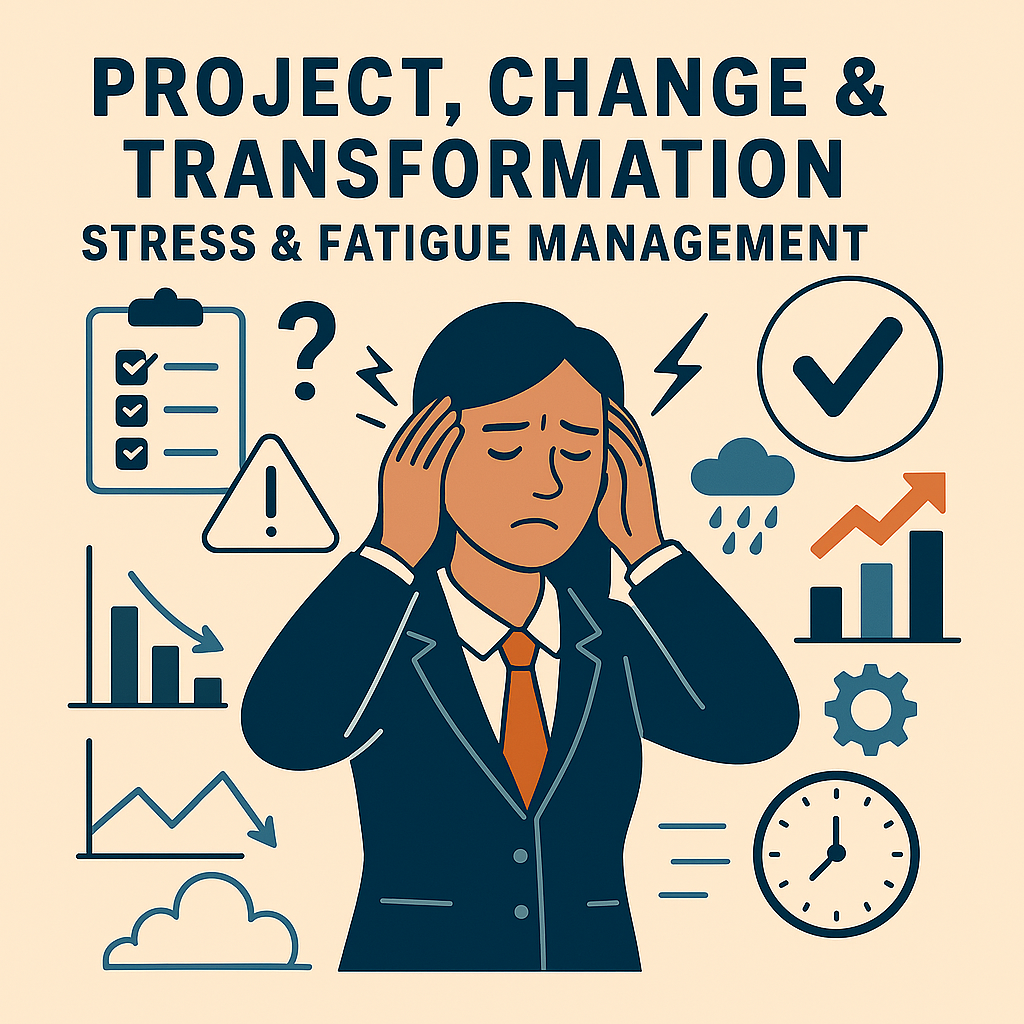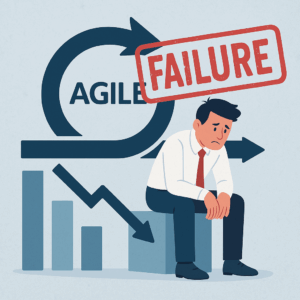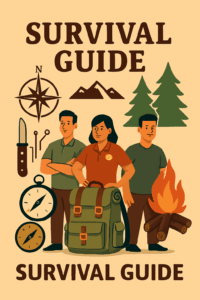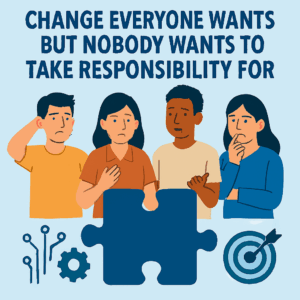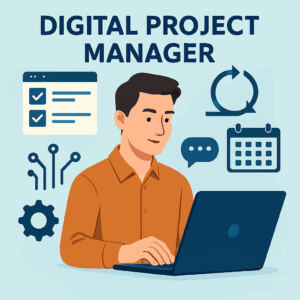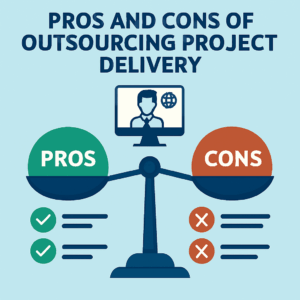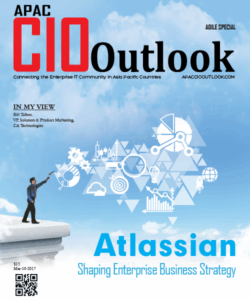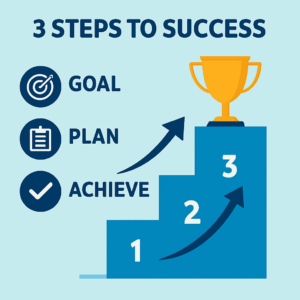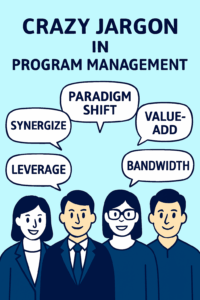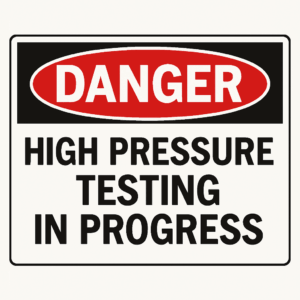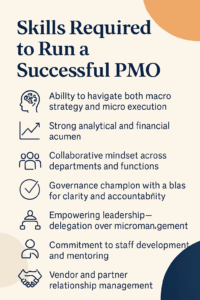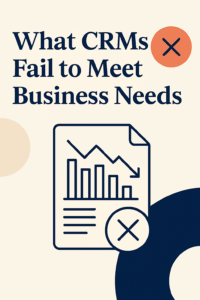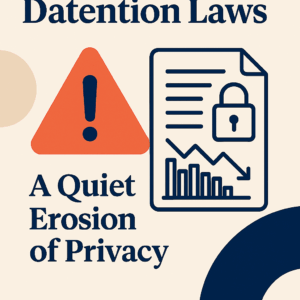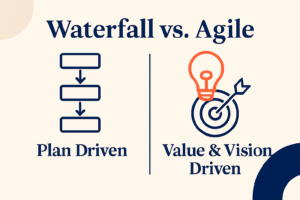Rise above the stress
In this article, Alisdair Blackman tells of useful tips for coping and managing with the pressure cooker environments that many of us are exposed to when doing project, change or transformation work.
We all experience differing degrees of stress and exhaustion. With change / transformation impacting many of us, its inevitably going to take its toll.
Here are some tips around how best you can manage your stress, anxiety and to stave off fatigue and keep you at your best.
Know when you are stressed and learn to control it
Stress is personal and impacts on each of us differently. Good Project Managers, Change consultants etc develop equanimity that puts us in control, even when projects go bad as they so often do. It is important to appreciate that stress is not always a bad thing. We need challenges to hold our interest and stress can often serve to motivate and energise us. It is only when the stress or environment around us starts to fail that we start to struggle be it antagonistic stakeholders, conflict, your work getting deprioritised over a more pressing issue or problem or just the fear of the unknown. In any case, stress/anxiety and fatigue bring out a “fight” or “flight” response which needs to be carefully understood and managed.
Stress has physical side effects – your body can naturally handle only so much before it leads to physical exhaustion, cognitive impairment, burnout and other serious health consequences.
Manage your stress through exercise, sleeping and resting, staying hydrated, and minimising sugar and caffeine in your diet.
Now I realise this is a crazy thing to advocate. I still drink 2-3 cups of coffee a day, but it’s incredible when you incorporate exercise every day (be it walking/cycling/running) what a huge difference it makes!
Be the Master of your own Mindset
Your personal perspective and how you react to changes at work, socially, private life influences your wellbeing. How you relate and empathise with others is impacted by your state of wellbeing. So,
- Build / tap into and demonstrate Resilience
One of our strongest attributes – it helps with the acceptance of external factors that are outside your control. Encourage others around you (your team) to see the positives, accepting that there are some negatives, and keep everyone’s sight on the end goal. - Manage your relationships
Your friends, family and co-workers (team) are your support network and this too is important to keep you grounded. When projects become increasingly difficult and negativity creeps in, your support network is critical to being able to provide advice and helps to put things back into perspective. - Mood & mindset impacts on others
Your mood and headspace can unknowingly influence and make or break your project team. Your mind is where your fiercest battles are fought, where half the things you feared were going to happen never eventuated, and its where your expectations are set.
If you can’t change external factors beyond your control, don’t fight it. Focus on the fact that the only thing you have dominion over and can control is HOW YOU THINK.
Creating a Healthier, Happier You
I’m no shrink or medical expert. I do however have over 22 years’ experience in dealing and managing with stress. Here is what I have found really has worked for me:
- Work will always be there – it’s not as important as family/friends and your overall wellbeing. the wonderful Italians have this little expression “the sun will rise again tomorrow” to exemplify the point that irrespective of what work you do today, the same will be for tomorrow
- Go home on time – if you are efficient, appreciate that only so much can get done in each day. Don’t feel guilty for leaving early one day in recognition of working late on another
- Have fun – Try to be more relaxed and happy at work. Spend time with new people, get to know them and find commonality
- Take breaks – Get up from your desk, go for a walk outside, go for lunch with friends, go to the gym and just refresh your mind
- Exercise – irrespective of the strenuous nature or otherwise, just incorporate forms of exercise in your daily routine
- Diet & Hydration – regularly eat and try and avoid snacking or what happens mostly – skipping meals. Try to aim to drink 1 litre of water a day (minimum)
- Sleep / Rest – aid to be in bed early (before 11pm) so as to ensure your body has a chance to rest and recuperate
- Danger signs – if you are failing to sleep, it may mean stress is weighing you down. Use stress management methods to refocus and minimise the impact that the stress is having on your mind and body
- Monday morning blues – we all have them particularly after an action packed or enjoyable weekend but if you have the need to have a ‘sickie’ then something is not right. Similarly, if people in your team are not showing up on a Monday – then look to address the issues head on
- Treats/Rewards – I often believe that coming into work with treats for the team (ie. cakes, snacks or taking the team out for a nice lunch) will serve to have fun and reconnect with the team.
We all work differently in stressful / pressure cooker environments to deliver successful outcomes. The key is to look after yourself to ensure your behaviour, activity and performance is not compromised from the lack of sound management of stress, anxiety and fatigue.

